

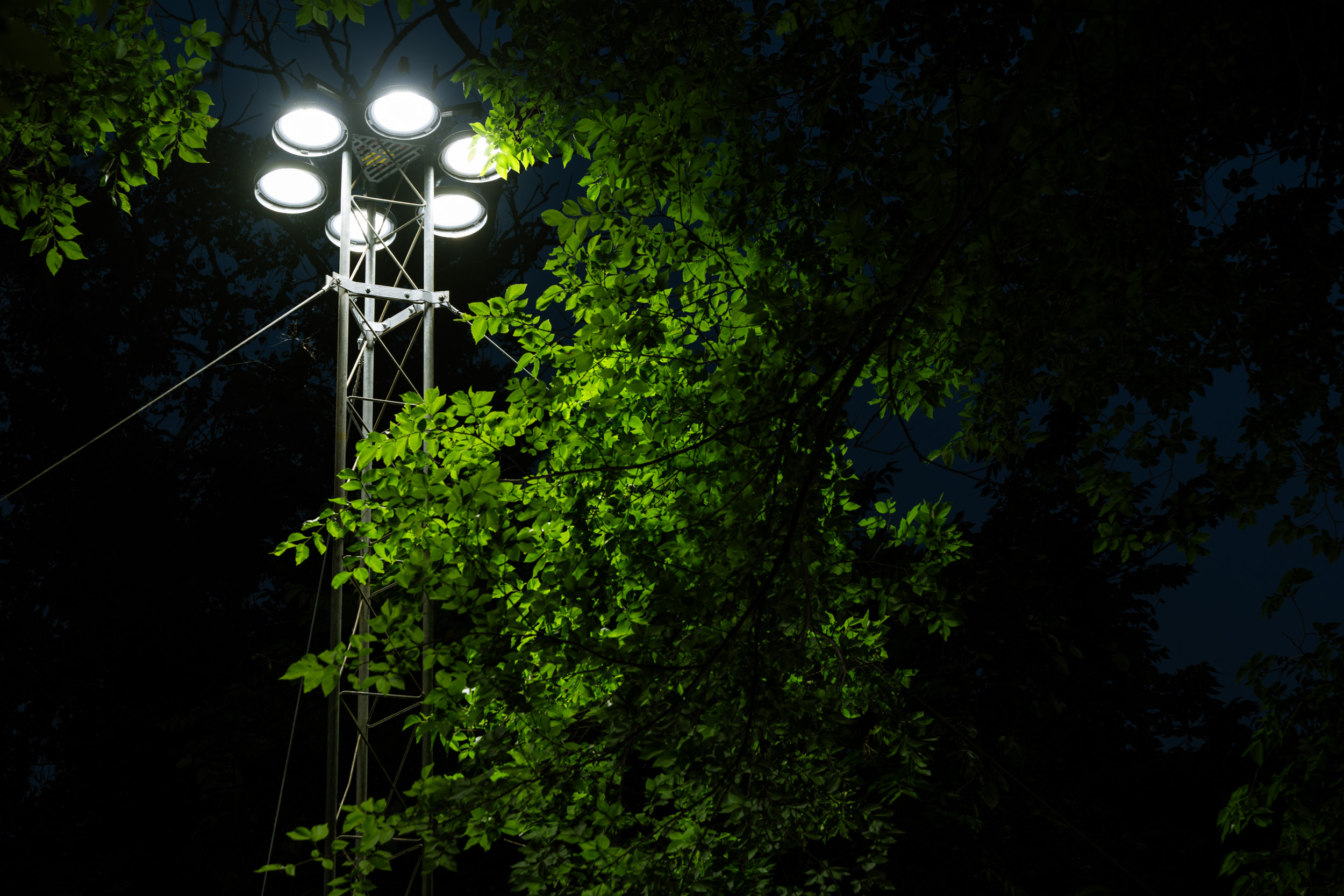
April 27 - July 13, 2024
Sweet Pass Sculpture Park presents Dark Study, a site-responsive project by Anika Todd. The sculpture draws inspiration from the historic moon towers of Austin, Texas. First installed in 1895, these now beloved infrastructures were constructed to provide widespread illumination over the growing city at night. Todd’s nocturne comes to life under the gaze of her own artist-made tower, its lights triggered on and off by sensors.
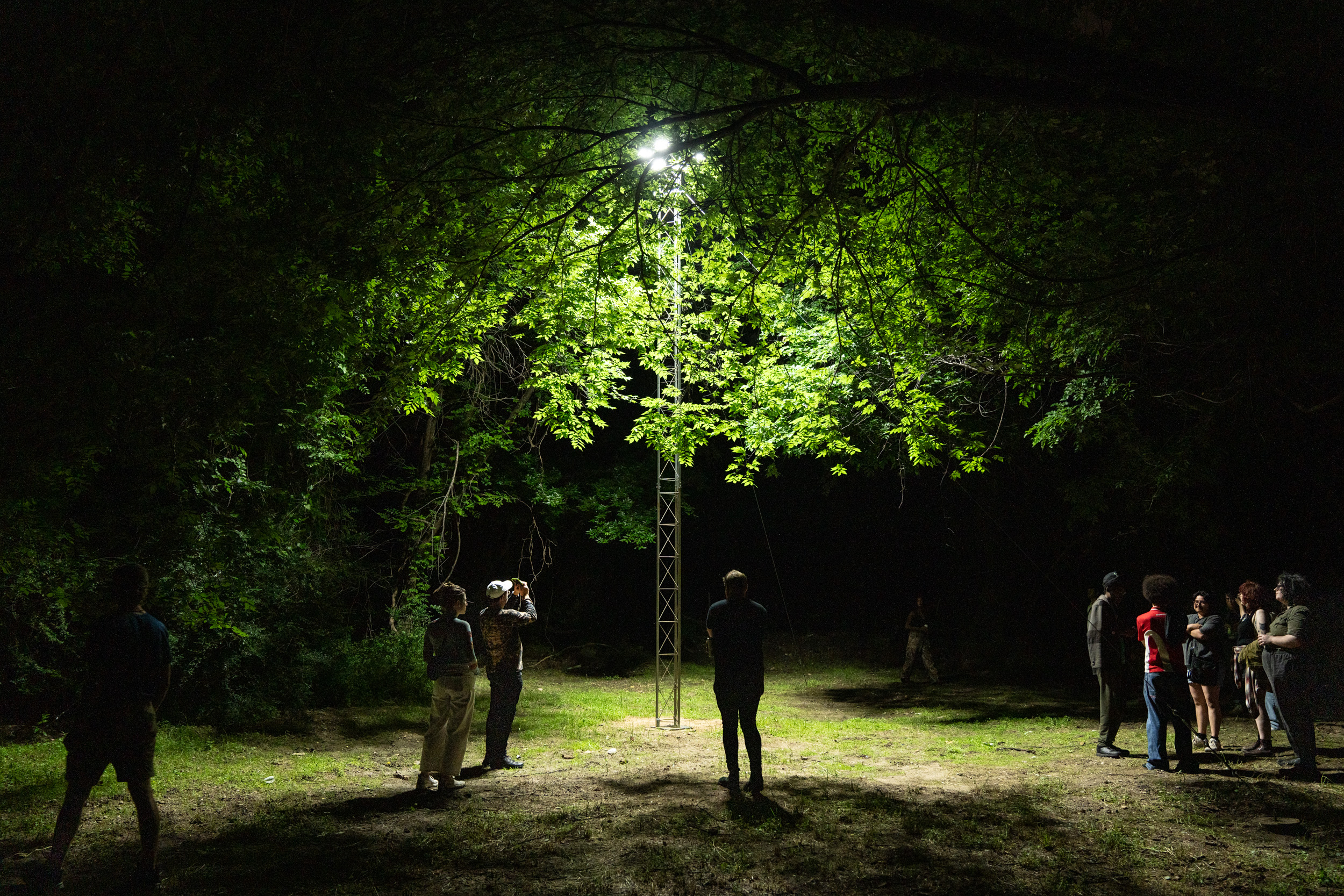
During a one-month winter residency, Todd developed the project while living at the park and immersing herself fully in the environment she seeks to illuminate. Through this installation, the artist navigates the complex dynamics of presence and absence, grounding and dislocation, evoked by the transient yet defining experience of freight trains passing by the park through the night. The resulting installation delves into the contradictions of technology's utopian promise, aiming to locate park visitors in the wake of the train's connectivity and placelessness.
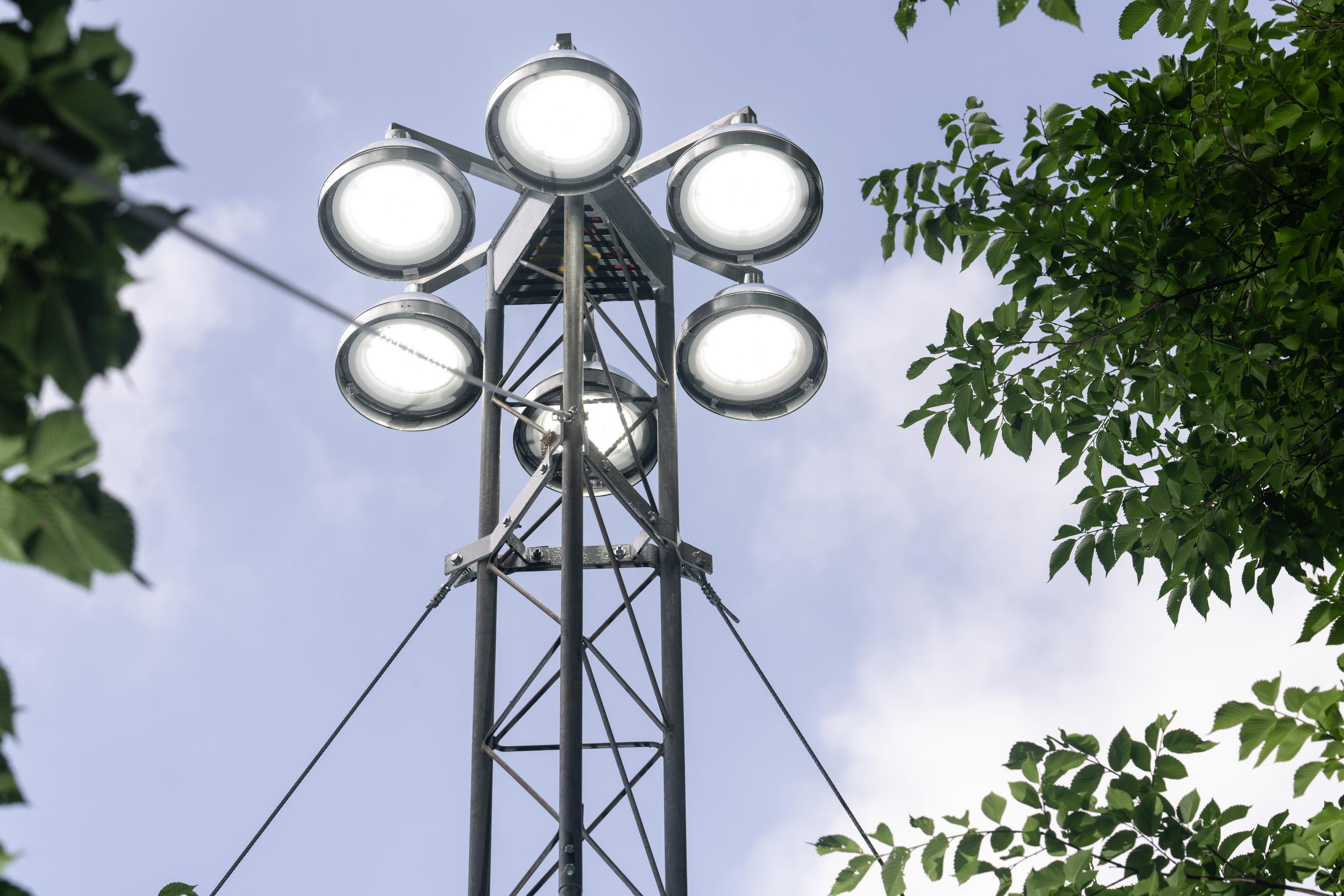
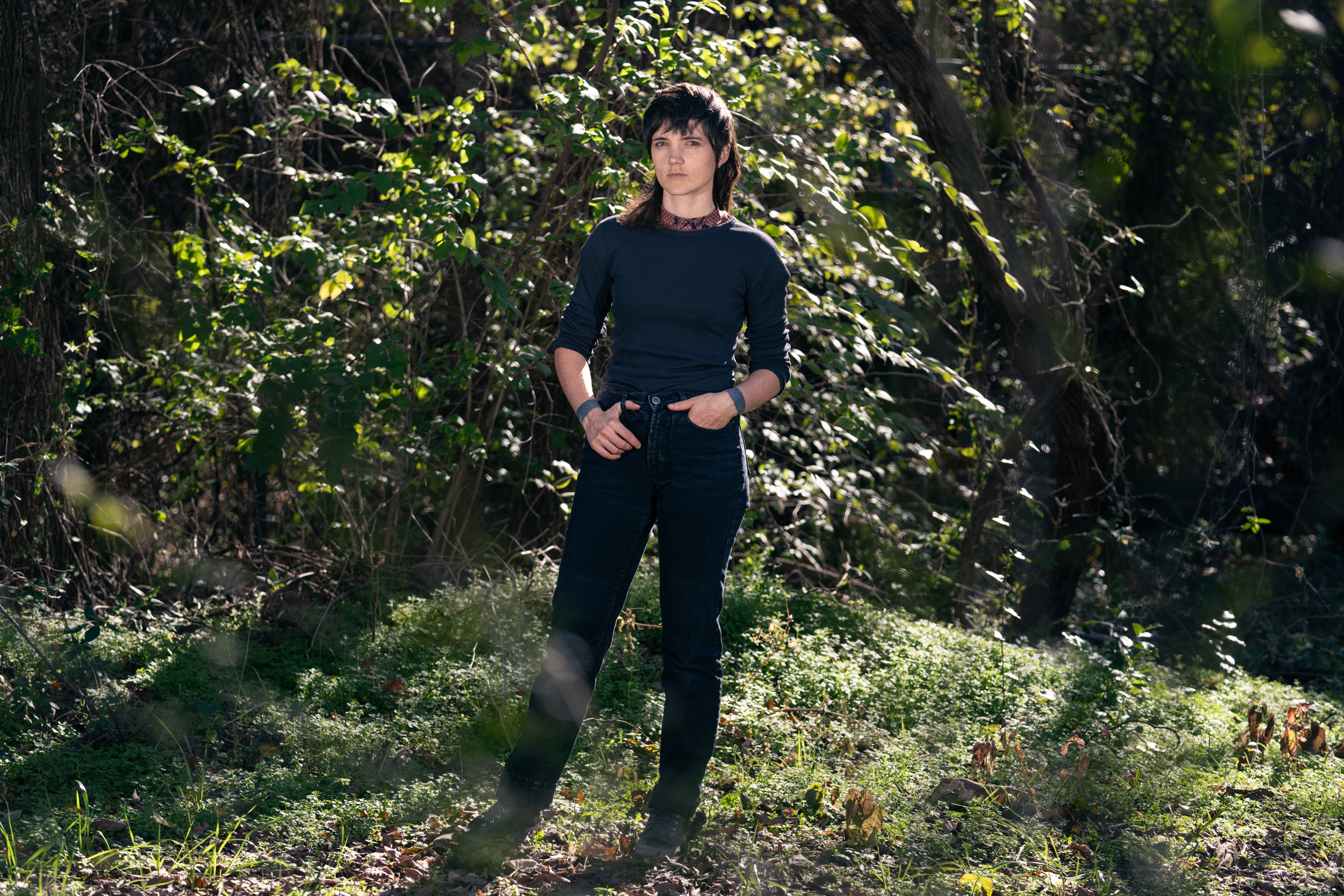
Anika Todd (b.1992, Boston, MA) earned her BFA from MassArt and an MFA from The University of Texas at Austin. Her work has been presented in solo exhibitions at Flux Factory NYC, VisArts Center VA, and Co-Lab Gallery in Austin, TX, the last two shows reviewed by the Washington Post (2018) and Glasstire (2019), respectively. Todd has held residencies at Stove Works (2021), NARS Foundation (2020), and Skowhegan School of Painting and Sculpture (2019). In 2019, she received the Austin Cultural Art Council Award, and in 2022, she was a finalist for the NYFA Architecture/Environmental Structures/Design Award. She is currently based in Saint Louis, MO, teaching sculpture as the Beamont Artist in Residence for Sam Fox School of Art and Design.
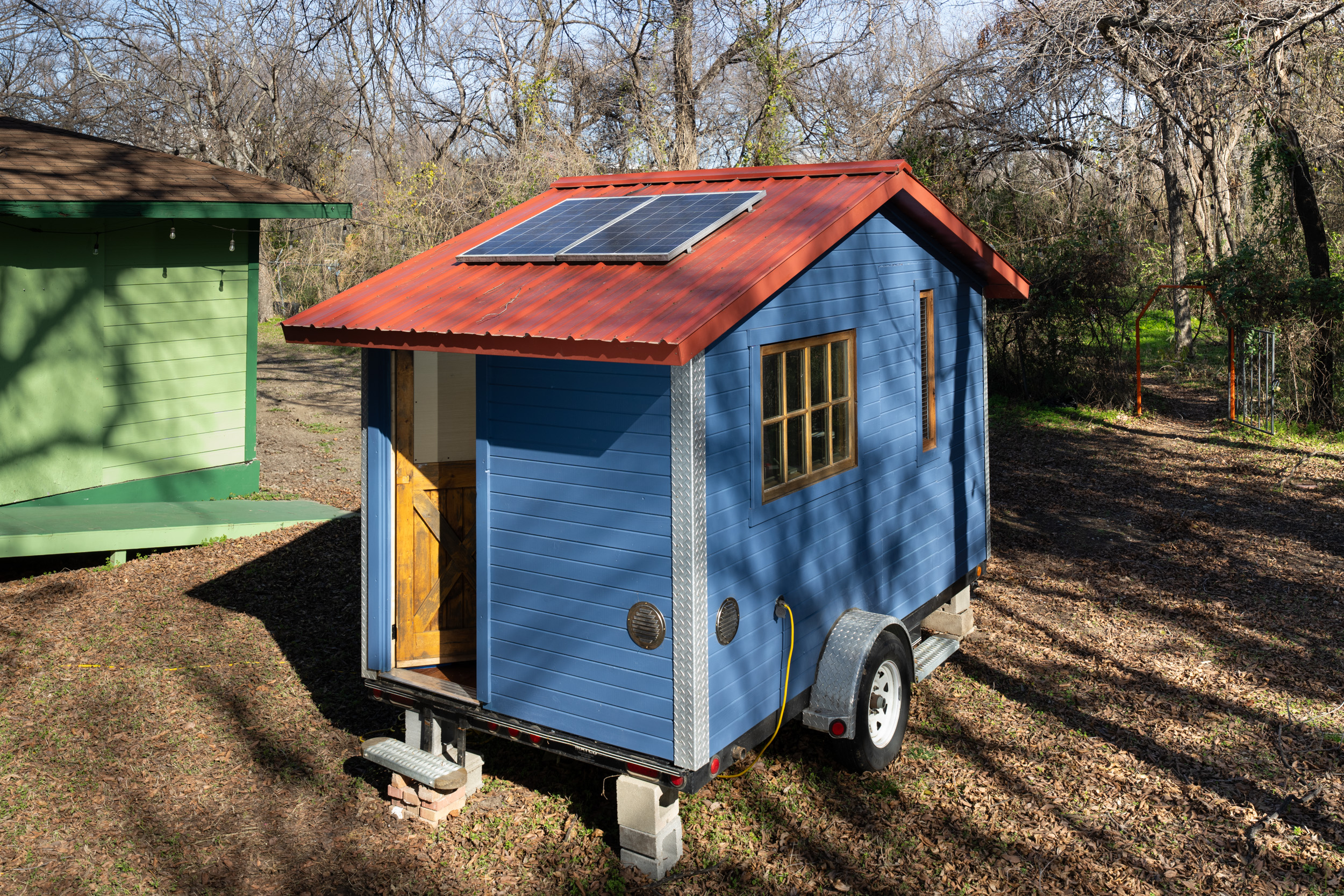

Dark Study was supported by a grant from
the Foundation for Contemporary Arts